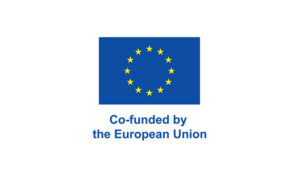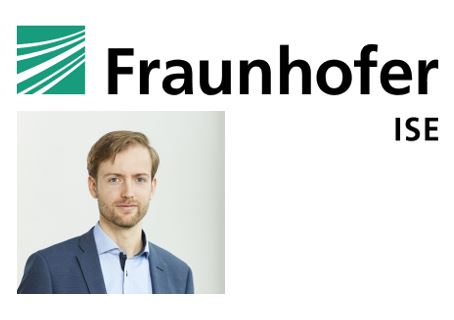Hello, my name is Paul Gebhardt and I’m working as a researcher at the Fraunhofer Institute for Solar Energy Systems ISE. After studying chemistry and working on fundamental research in the area of photocatalysis (PhD at Uni Münster and Postdoc at TU Vienna), I am now enjoying the challenges of more applied research and development activities in the department PV Module Characterization and Reliability. To be honest, I’m usually not much of a coffee or tea drinker.
What was your original motivation to become a researcher/project manager?
I have always been fascinated by the way that science channels curiosity and creativity to gain knowledge about the world we all live in. The international collaborations and team-based approach of problem solving are aspects that I still enjoy about my job today.
What is your (main) research area today?
The team I work with focuses on understanding and evaluating the degradation of photovoltaic modules. We work on this topic in quite diverse contexts: Investigation of degradation mechanisms, test development, module and component development, certification and procurement, or failure analysis and mitigation.
What is the main focus of your team in PILATUS?
Towards the end of the project, we are going to carry out the standardized tests that assure the developed modules are reliable to withstand environmental stresses. This is a major requirement for market entry of any new module type. Furthermore, we take part in the development and testing of solar roof tiles.
From all your activities within the project, what are you the most proud of/keen to share with the public?
It is probably too early to give out any details, but the developed cells and modules show very impressive aging test results so far.
How do you expect the PILATUS results will impact your organisation and the PV sector in Europe?
The project will prepare us to deal with the technology of IBC solar cells, which are set to be the next step of development to achieve higher efficiencies. We have an aspiration to be the front-runners of this development and are proud to be part of this team of the top players in European research and industry.
 This project has received funding from the European Union under the Horizon Europe programme under grant number 101084046. Views and opinions expressed are however those of the author(s) only and do not necessarily reflect those of the European Union. Neither the European Union nor the granting authority can be held responsible for them.
This project has received funding from the European Union under the Horizon Europe programme under grant number 101084046. Views and opinions expressed are however those of the author(s) only and do not necessarily reflect those of the European Union. Neither the European Union nor the granting authority can be held responsible for them.

